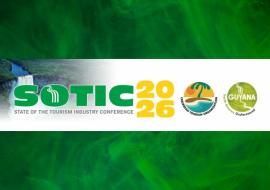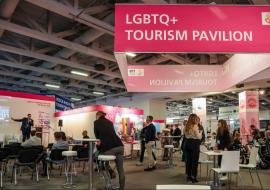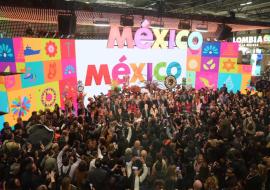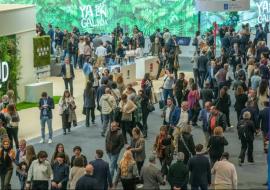At BIT 2025, Tourism’s Most Promising Niches Take Center Stage
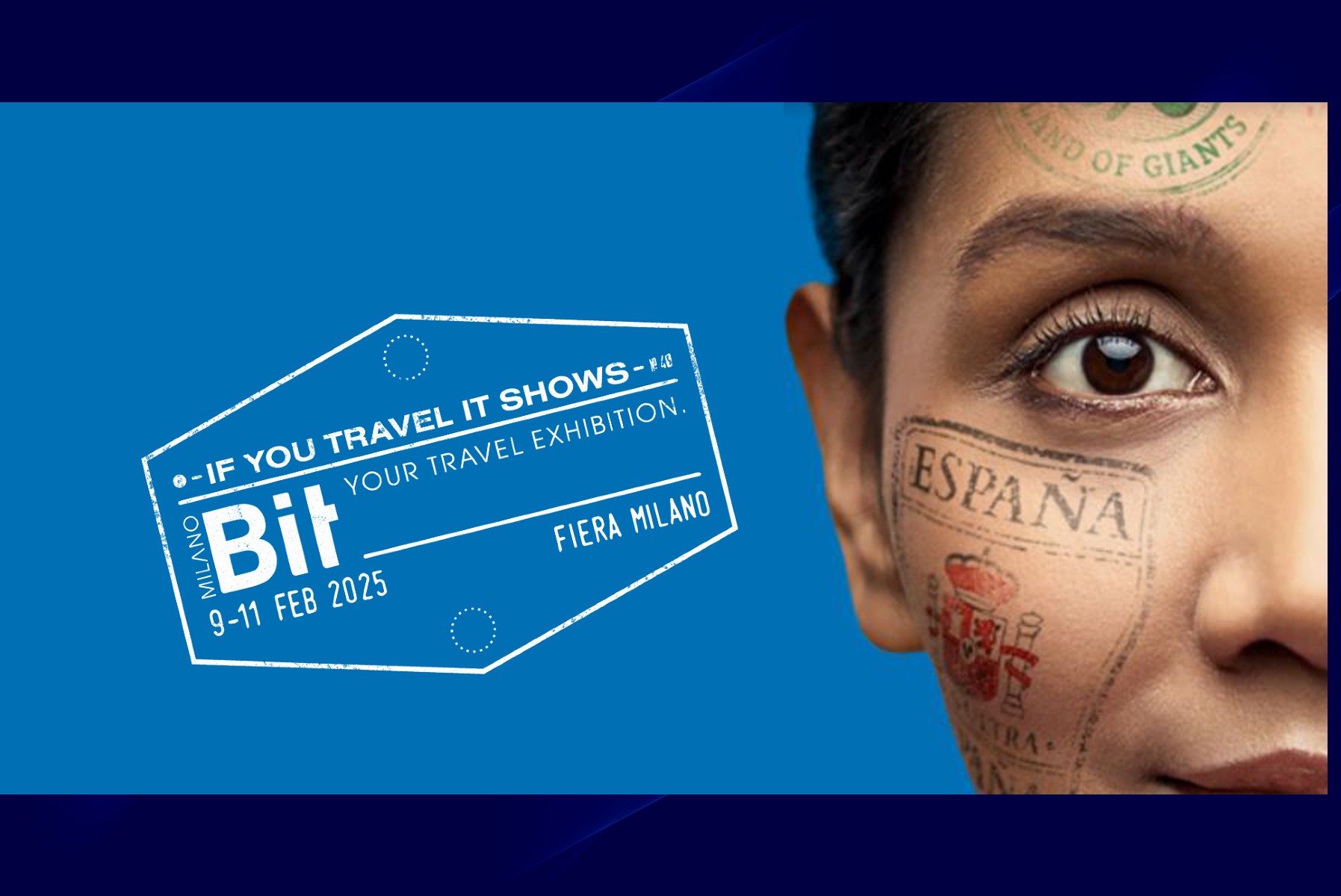
By Massimo Terracina, Milano
BIT 2025 officially opened this morning (Sunday, February 9), unveiling the latest travel trends, which are becoming increasingly experiential and thematic, with a strong focus on sustainability—both environmental and social. According to the UNWTO, global tourism is expected to grow between 3% and 5% in 2025. In Italy, the economic impact of the Milan-Cortina Winter Olympics is projected to be between €2.3 and €3 billion.
Running until Tuesday, February 11, BIT 2025 at FieraMilano – Rho remains a key event for assessing the state of the tourism industry and identifying emerging trends, offering both business opportunities for operators and unique travel ideas for the public. The BIT 2025 Observatory, in collaboration with Magda Antonioli from Bocconi University and Vice President of the European Travel Commission, has analyzed industry data to highlight the most significant trends.
2025: Growth Driven by New Travel Experiences
The latest UNWTO World Tourism Benchmark reveals that in 2024, Europe saw 747 million international arrivals, a 5% increase over 2023, fueled by strong intra-regional demand. According to IATA, both air travel supply and demand in Europe have surpassed 2019 levels, with domestic supply up 8% and international supply up 3%, while demand grew by 19% for domestic flights and 1% for international routes.
A notable shift in seasonality has also emerged. Mediterranean destinations are experiencing higher visitor numbers during shoulder seasons to avoid extreme summer heat, while Northern Europe sees increasing demand during summer months. In 2025, 61% of travelers plan to schedule activities in the evening or early morning to enjoy cooler temperatures. Meanwhile, Italy’s total tourism spending for 2024 is estimated at €110 billion, according to Confindustria.
From the Sky to the Sea: The Rise of Emotional Travel
A major trend within slow and nature-based travel is the growing interest in natural phenomena tourism. The 2024 solar eclipses and Northern Lights visible at lower latitudes have fueled enthusiasm for noctotourism—a term coined for night-sky tourism. An Expedia study shows that 61% of travelers are willing to travel to see the Northern Lights, and 30% to experience volcanoes, geysers, and hot springs. Astrotourism, focused on celestial events such as a rare planetary alignment in early 2025, is also gaining traction, with 60% of travelers seeking dark-sky locations to stargaze.
Wellness tourism is evolving, moving beyond relaxation to embrace longevity-focused travel. According to Booking.com, 60% of travelers are interested in wellness retreats offering longevity courses, red-light therapy, cryotherapy, and stem cell treatments, often linked to medical tourism. Meanwhile, immersive sensory travel is also on the rise, offering multi-sensory experiences such as molecular gastronomy workshops, aromatherapy in rainforests, and guided tours in complete darkness.
Solo travel is no longer just a female-driven trend; in 2025, millennial and Gen Z men (58% and 65% respectively) are increasingly seeking solo trips for mental and physical recharge. The JOMO (Joy of Missing Out) trend is replacing FOMO (Fear of Missing Out), as 62% of travelers prefer relaxation-focused vacations, often opting for all-inclusive, worry-free experiences, according to Expedia.
Sports, Concerts, and Shopping: Motivation Drives Travel
Sports tourism is taking on new dimensions, with Italy gearing up for the Milan-Cortina 2026 Winter Olympics and Paralympics. Studies by La Sapienza, Bocconi, and Ca’ Foscari universities estimate the Games' economic impact at €2.3 to €3 billion, with 2 million visitors expected and €154 million in accommodation spending alone, according to Deloitte.
Luxury tourism remains strong in Italy, particularly in Milan, where Via Montenapoleone surpassed New York’s Fifth Avenue as the world’s most expensive luxury shopping street in 2024. According to a Lombardy Region study, high-spending tourists spent an average of €158 per day on accommodation and €215 on restaurants, shopping, museums, and local transport.
The Future of Travel: Hyper-Personalization and Sustainability
Across all travel sectors, hyper-personalization is becoming a defining factor. According to Euromonitor International, generative AI is playing a crucial role in customizing group travel plans, ensuring individual preferences are met.
Beyond environmental sustainability, social sustainability is gaining prominence, with both travelers and businesses prioritizing ESG (Environmental, Social, and Governance) policies. The tourism industry is increasingly seeking a balance between economic growth and resource conservation, ensuring long-term sustainability.
BIT 2025, featuring over 1,000 exhibitors from 64 countries, will also highlight innovation through the “Bringing Innovation Into Travel” talks, covering key topics such as artificial intelligence, digital transformation, ecotourism, and emotional travel.







